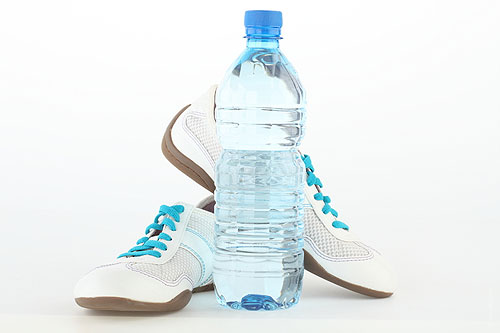Sports drinks have a clear mission – to increase energy levels during intense exercise. However, millions of people around the world drink them at home and in the office, putting their health at great risk.

The European Food Safety Authority (EFSA) experts – the research group that deals with the issues of food safety – emphasize that isotonic drinks are designed for those who are regularly and actively involved in sports and who mostly perform endurance exercises lasting more than 45 minutes. A 500 ml bottle of this drink contains about 150 calories that you can burn while jogging for 20 minutes, but not sitting in an office chair. Some sports drinks also contain high levels of caffeine, which can increase the energy level of a completely healthy person, if he or she is going to have a long workout. But these drinks are also consumed by people with cardiovascular diseases and behavioral disorders, and it aggravates their condition. In Britain alone, sports drinks are consumed by 11 million people who do not attend fitness centers at all. These people consume isotonic drinks at work, feeling the slightest fatigue or lack of energy. For example, every fifth of the 2,000 Britons surveyed said he/she consumed such drinks when feeling tired, and 18% used them as a means of a hangover.
“Sportsmen” are not far behind – the study revealed that 80% of the respondents forget to use the vital fluid before exercise, 60% do not remember that severe stress requires replenishment of body fluids, and 30% forget to bring water to the gym.










